Kushner’s Mideast gambles worry US political pros
Jared Kushner, who is US President Donald Trump’s son-in-law and who entered the White House largely because of that relation, has been causing unease among professionals in US politics with his reckless forays into Middle Eastern politics.
Kushner, 36, has been President Trump’s “senior adviser” and in charge of “peace” efforts in the Middle East. He has had no prior career in diplomacy or governance and, like his father-in-law, was in real estate before Trump won an upset victory in the US presidential election in November 2016.
Lately, Kushner has been in substantial contact with officials in Saudi Arabia and the United Arab Emirates (UAE), reportedly forging a close relationship with young but powerful leaders in those countries.
Both Riyadh and Abu Dhabi have adopted an aggressive regional policy, waging military aggression on Yemen, targeting Qatar with a diplomatic and economic war, and attempting to fracture Lebanon’s government by having its prime minister resign.
According to a Monday report by Al-Monitor, Saudi and Emirati officials have been relying on “at least tacit approval” from Kushner for their hard-line policies.
Those policies and the reliance on Kushner, however, have unnerved “veteran US diplomats, policymakers and lobbyists” and caused unease within the US administration, according to the report.
‘US prepared to trade anything’
The worried parties have been “urging regional players to be cautious about basing their foreign policy on any perceived green light, real or not, from the Kushner faction at the White House,” the report said. “They warn the mixed messages could cause [Persian] Gulf allies to miscalculate and take actions that harm US interests.”
Saudi Arabia and the UAE’s perception that they have “carte blanche” from the White House is strengthened by a Trump administration desire to get them on board with a plan to negotiate a deal between the Israelis and the Palestinians, a former senior US administration official said.
“It just is stunning how sublimated our policy has become to one or two things,” the former official told Al-Monitor anonymously. “Fundamentally, we want to go after Iran, [and] we want to go after that ‘outside-in’ Israeli-Palestinian peace deal. And the Trump administration appears to believe that this requires giving the Saudis a huge amount of space in order to get what we want vis-à-vis Israel. … My guess is they are prepared to trade virtually anything in order to get that ‘outside-in’ deal.”
“It works, until reality intervenes,” the former official added.
The Trump White House has vigorously attempted to accommodate Saudi Arabia. Trump picked the Arab country as his first foreign destination as president. There, the businessman-turned-US president secured arms sales to Riyadh worth hundreds of billions of dollars.

In his own capacity, Kushner has cultivated a relationship with Saudi Crown Prince Mohammed bin Salman and Emirati Ambassador to the US Yousef al-Otaiba. In one recent unannounced trip to Riyadh, Kushner and Mohammed bin Salman stayed up until 4 am “swapping stories and planning strategy.”
The Saudi-led aggression against Yemen and the standoff with Qatar are both believed to have been the brainchild of Mohammed bin Salman. So is Saad Hariri’s resignation as Lebanon’s prime minister. Kushner is believed to have had an influence in the resignation of Hariri, too.
The Al-Monitor report suggested that the US State Department and the Pentagon have been alarmed by the consequences of Saudi Arabia and the UAE’s “provocative” actions and differ from the White House on how Middle East policy has to be formulated.
The war on Yemen has killed more than 12,000 people so far and has spread cholera and famine in a country that was the Arab world’s poorest even before the Saudi-led invasion began.
“The State and Defense departments have urged Riyadh and Abu Dhabi to ease their pressure campaigns on Qatar and Lebanon and improve aid access in Yemen to avert catastrophic famine,” the report said.
Saudi and Emirati officials, however, “have suggested to US diplomatic interlocutors” that Trump and Kushner have their backs.
Both Trump and Kushner face the likelihood of entanglement in a probe into potential collusion between the Trump campaign and Russia to help get him elected back in the 2016 election.
Israel’s war on Gaza health system ‘death sentence’ for tens of thousands: WHO
VIDEO | ‘Messages of fire’: Israel’s calculations go awry as Palestinian projectiles fly past missile system
VIDEO | Operations in support of Palestine
Fabricated: Video showing release of women from Sednaya jail in Syria
Iran’s November steel output at 3.1 mln mt, world’s 7th largest
Police commander assassinated in terrorist attack in southern Iran
Field executions, sexual violence: Survivors recount Israeli crimes at north Gaza hospital
VIDEO | From Beirut


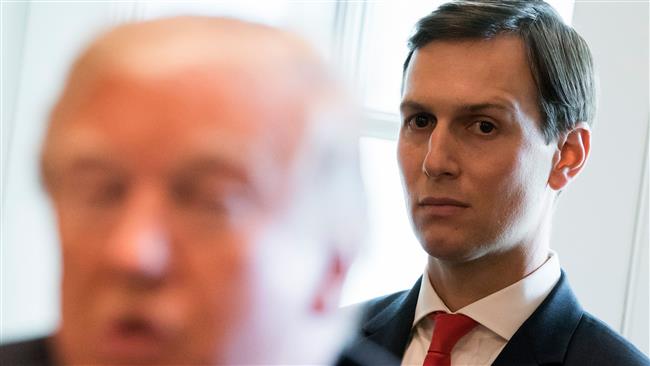

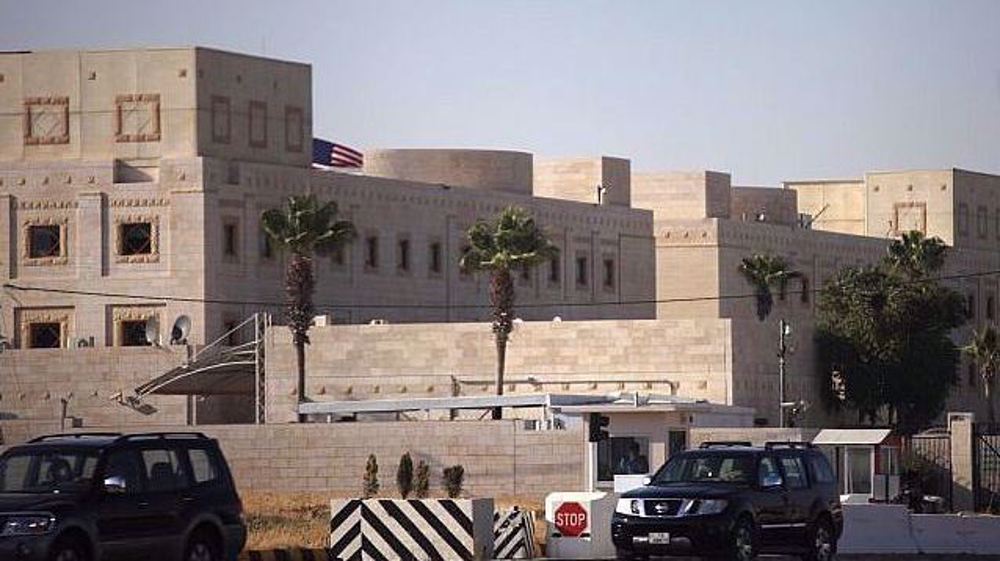

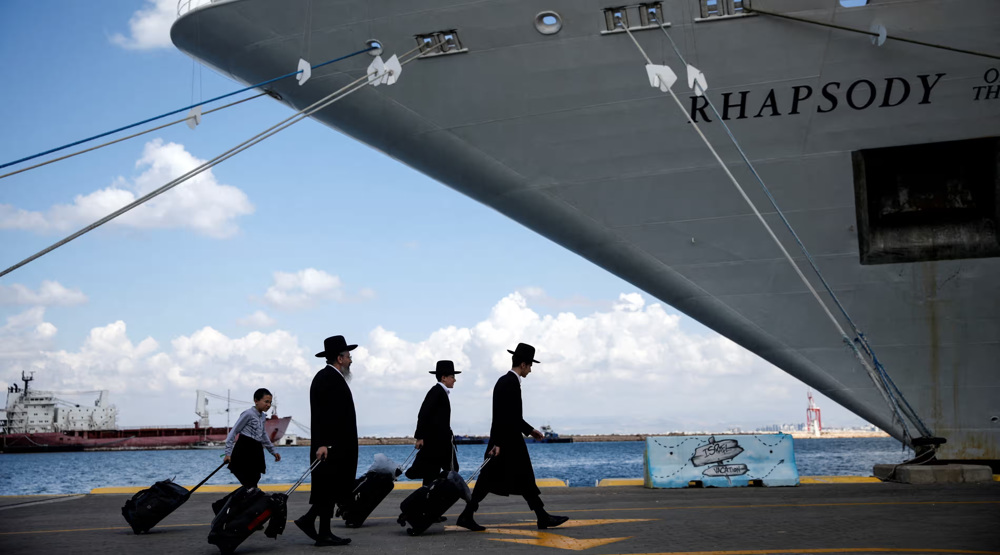



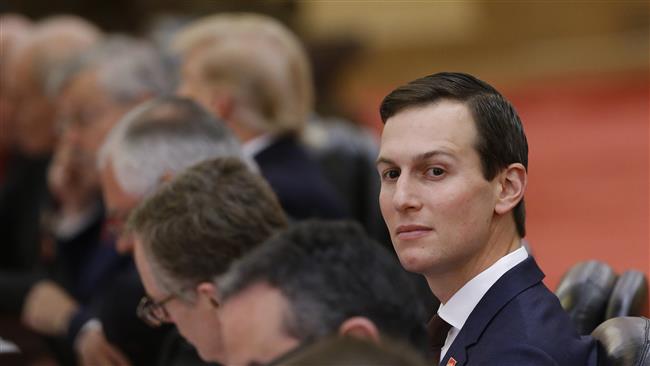
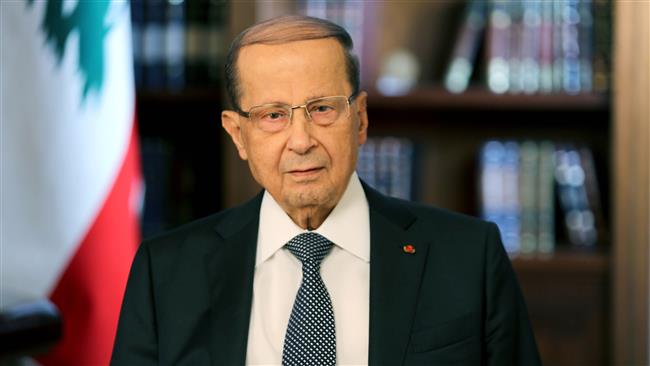

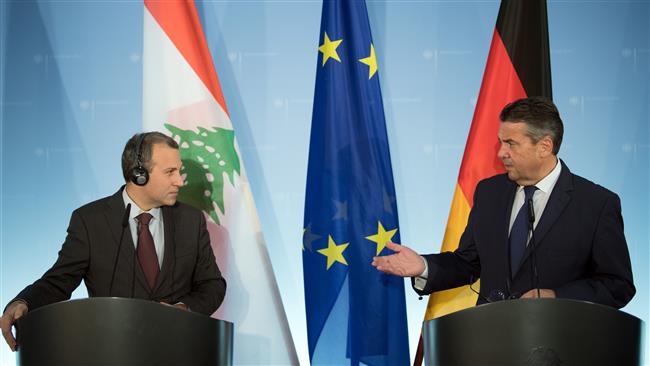
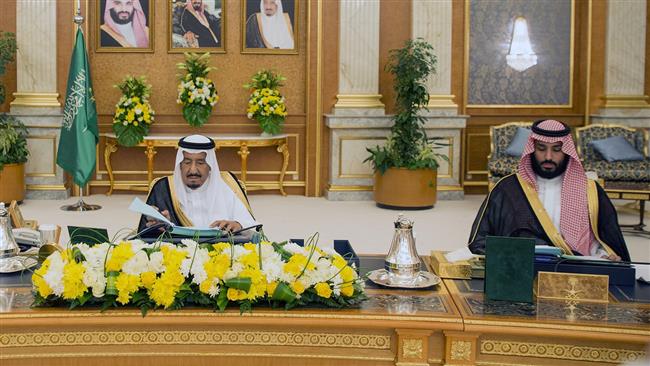

 This makes it easy to access the Press TV website
This makes it easy to access the Press TV website